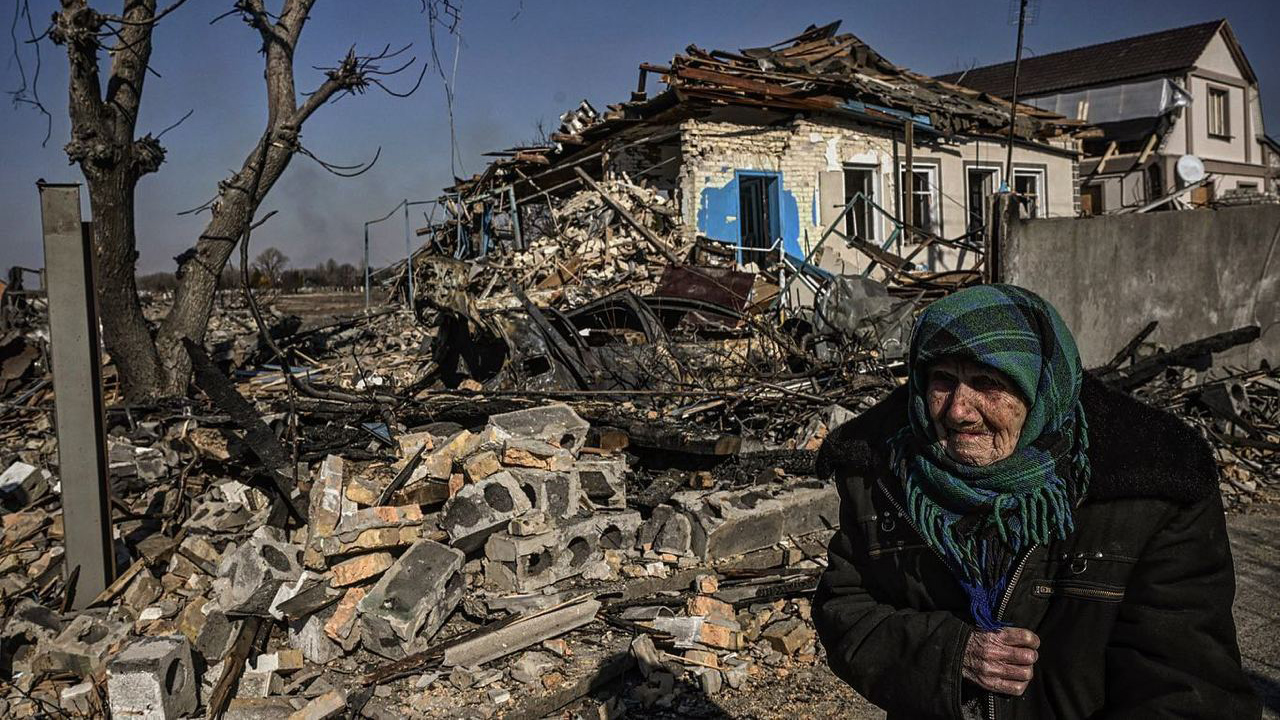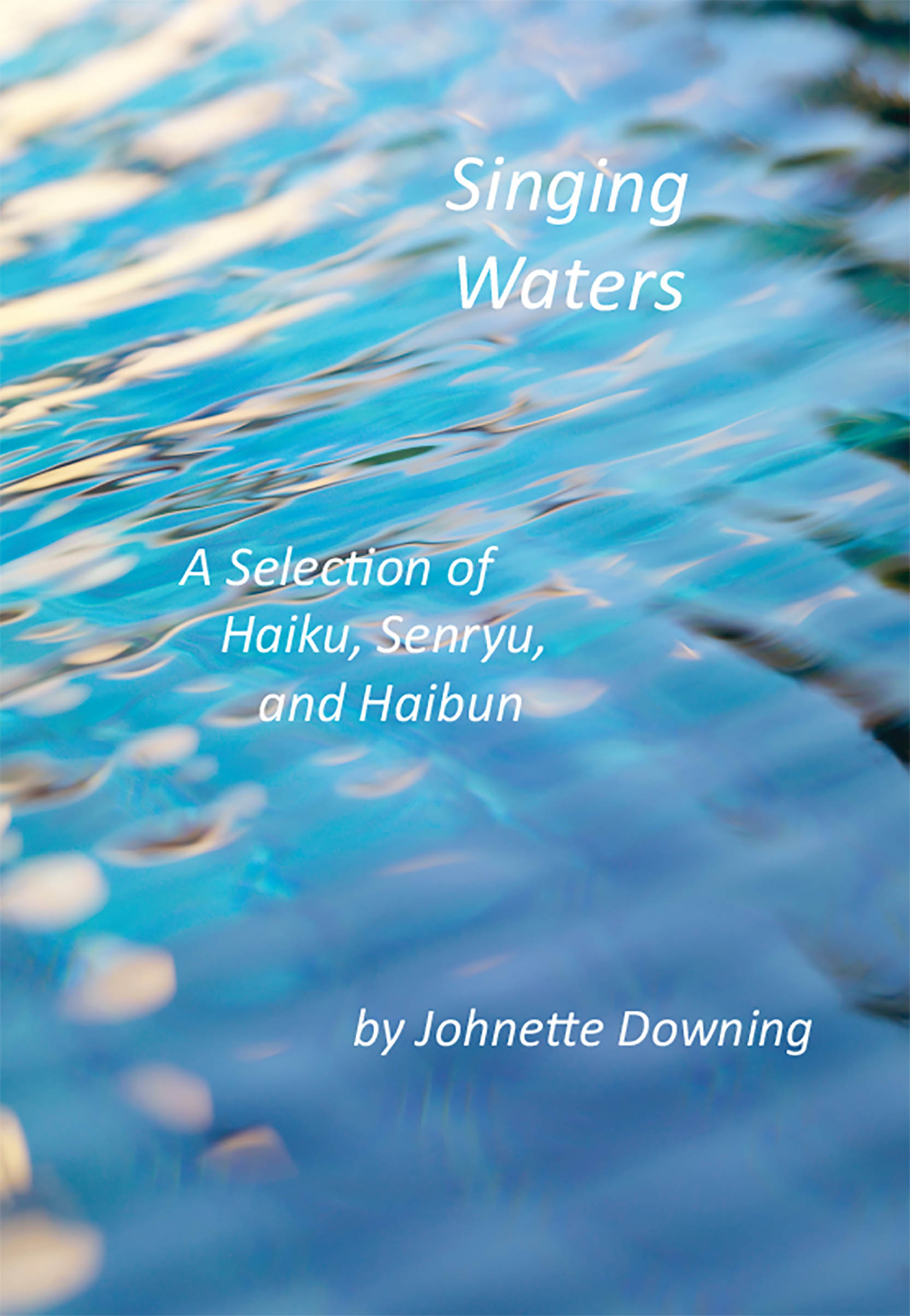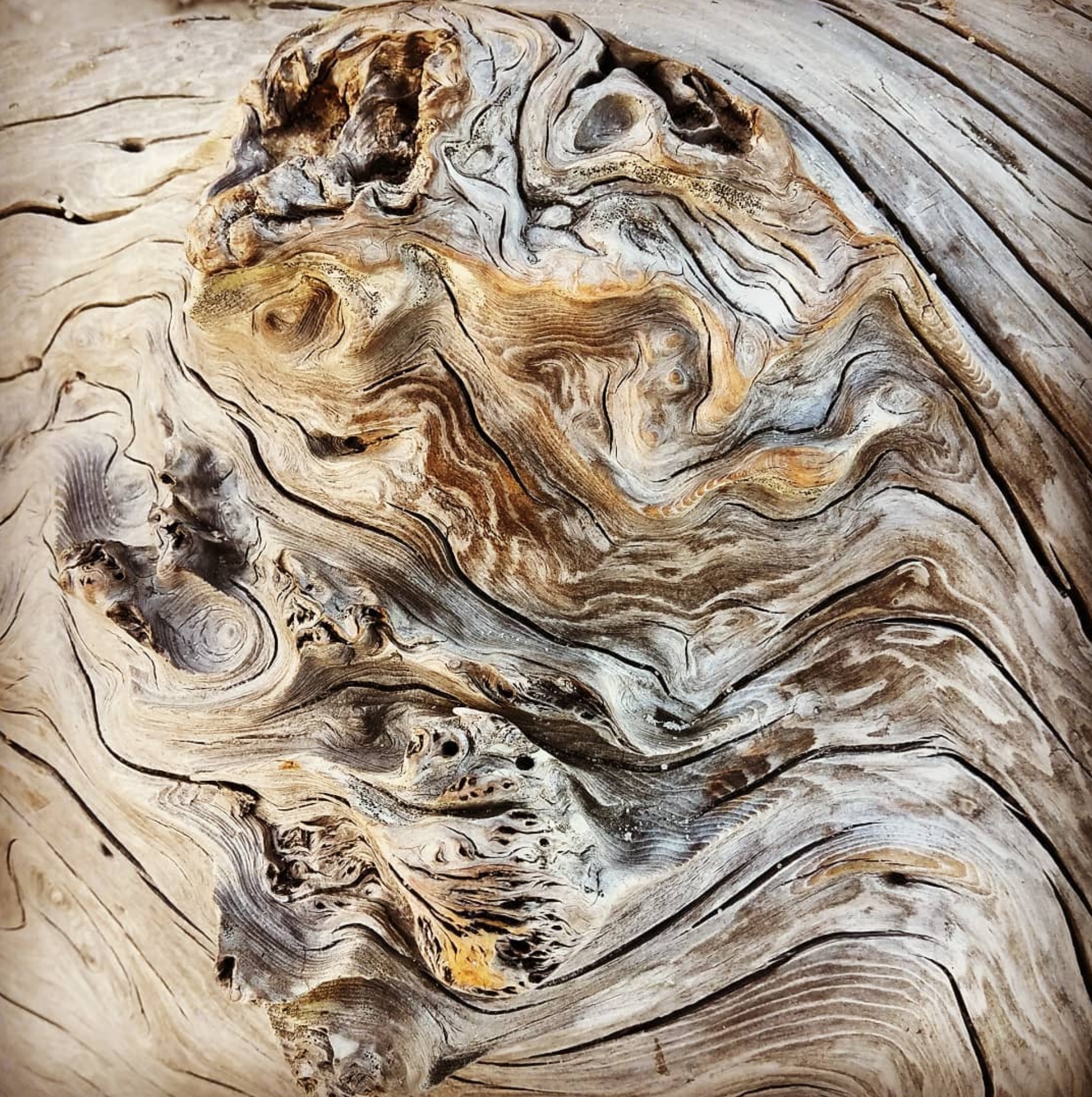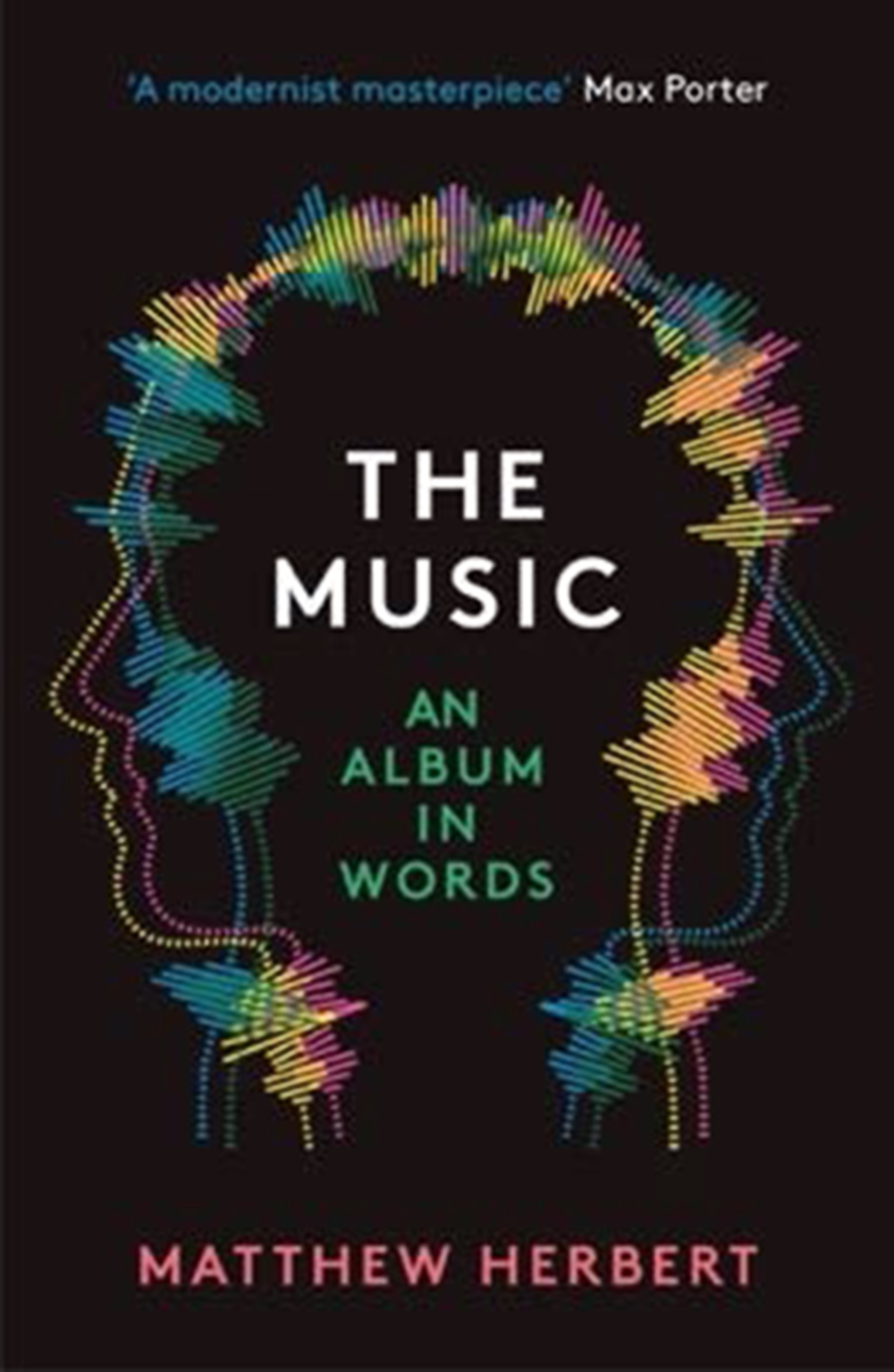Anyone who has experienced war, or even a natural disaster, knows it doesn’t end when the bombs stop falling or the rain stops or the wind stops blowing. That is the message of poet Wislawa Szymborska (1923-2012) in “The End and the Beginning.” As a young Polish woman, she witnessed the horrors of WWII and its aftermath, but she writes from a deeper place of wisdom that applies to every war and every person.
She starts out matter of factly, saying “someone has to clean up.” But then she walks us through the streets through the eyes of the survivors, showing us the corpses on the street, the ash, the rubble, the broken glass, the scum, the blood. She reminds us that even if people can come home, there may not be a house to return to. For the survivors, even the winners, the damage is done. Lives are changed forever, and, although life must carry on, it is never the same because the people are not the same. There are some things no one can repair.
War is ugly, but peace doesn’t sell, so once the bombs have stopped and the cameras have had their look around what’s left, the rest of the world moves on to other wars, other disasters, leaving the survivors to pick up the pieces, rebuild the bridges, rebuild their lives. Perhaps there are just too many tragedies to linger on one, just too many messes to clean up.
Cleaning up the mess is exhausting and brutal, not just physically, but emotionally. Everything you touch reminds you of the horror and what was lost. Every street you turn down evokes the memories.
As time passes, generations die, and with them the quiet suffering of those left behind. New souls are born and eventually the memory is lost. Even worse, the reason for the destruction fades and the lesson lost, to be repeated again and again by future generations. How little they realize the hardships and horrors that occurred beneath their feet as they walk the streets.
Szymborska is not entirely cynical. Even when there seems to be nothing left she reassures us that there is always something that will grow and thrive there again and that ignorance can be bliss. We can hope some of the youngest fleeing their homes will not remember the horrors, but when they are old enough, they must be taught what their family and country went through so they will never forget.
I wasn’t able to obtain permission to reprint the poem in time for publication, but you can read it on the Poetry Foundation website.

Destroyed houses in the village of Krasylivka near Kyiv 20 March 2022. Photo by Aris Messins.
This reading of “The End and the Beginning” is featured in Tom Walsh and Zoo Indigo’s documentary “No Woman’s Land.” The documentary follows Rippel as she repeats the journey taken by her grandmother from her expulsion from Brzeznica, Silesia during WWII when she fled on foot with her two children. “No Woman’s Land” uses this journey to explore displacement, post-war, and refugees.



